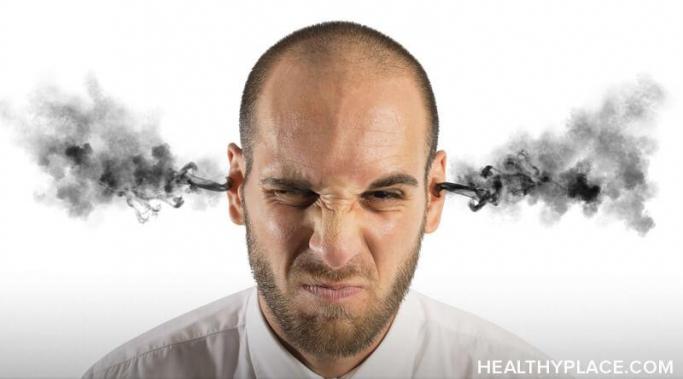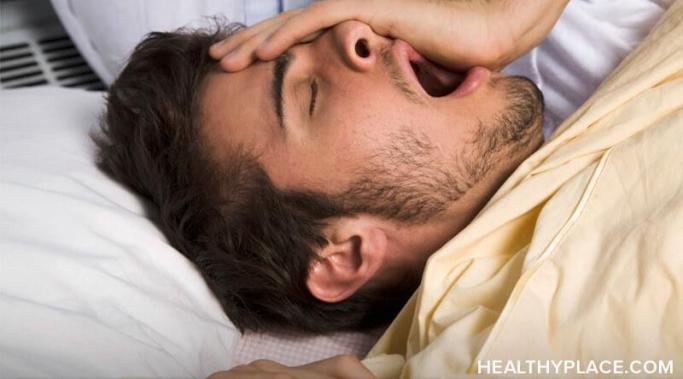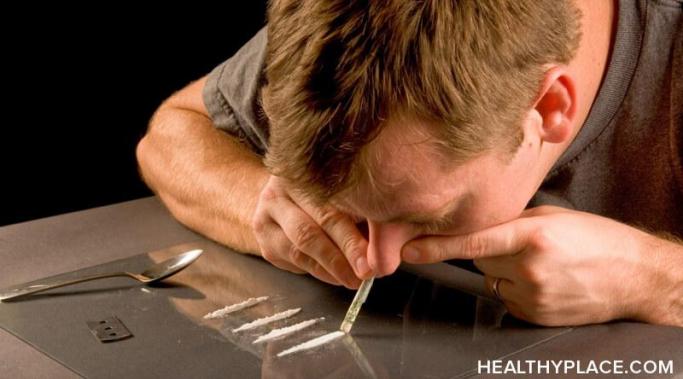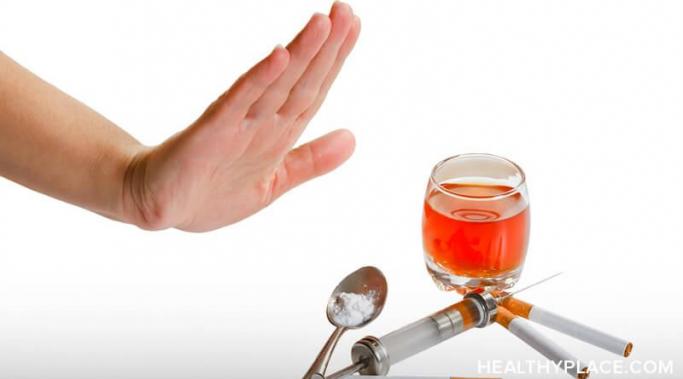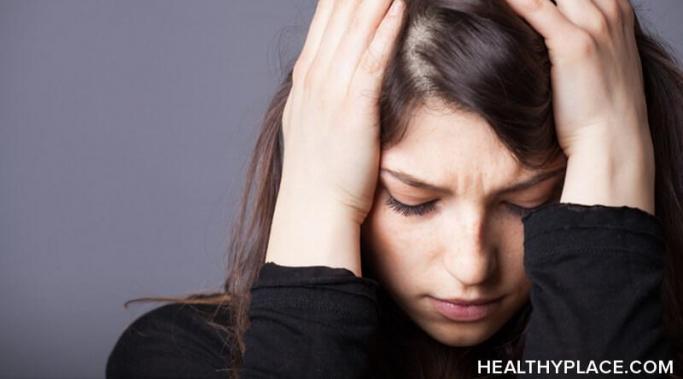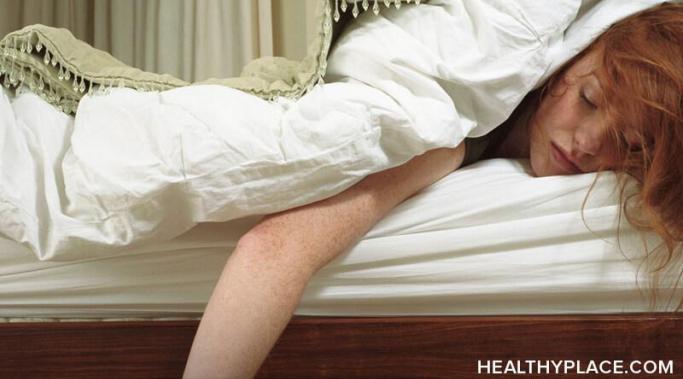If you're a single person with bipolar disorder, surviving can be hard. Last time I outlined why this is in a piece about being alone with bipolar disorder, but this time, I'm focusing on successfully dealing with being a single person with bipolar disorder.
Coping
I talk to myself all the time. In fact, I don't think I know anyone who talks to themselves more than I do. It's an incessant, running commentary on my existence. It's like I have my own narrator — but not only are they saying what's happening, but they're commenting on it, too. The question is, if I talk to myself, is this a part of bipolar disorder?
Insomnia is common in bipolar disorder. Sleep changes (which can be insomnia or hypersomnia [oversleeping]) are noted in the symptoms of major depressive disorder, which is part of bipolar disorder. In fact, I would wager that without medication, every person with bipolar disorder would have sleep problems. In my case, I have insomnia with my bipolar disorder and have had it for three years. But last night, I was lucky. Last night I managed to sleep almost eight hours (interrupted, but still). So, why don't I feel any better?
Dating and depression don't mix very well. When you feel terrible about yourself because of depression, it's not the best time to meet new people and try to develop healthy connections. But if your depression is longstanding, does that mean you shouldn't date? Can you successfully date while depressed?
When treating bipolar disorder, I think it's critical to gain bipolar mood stability first and only then tweak up or down as needed. That means that if you're in a depression right now (and let's face it, that's when people seek help the most), the goal isn't to treat depression, per se, but rather to gain bipolar stability. Of course, I'm not the only one who thinks this. The esteemed psychiatrist Dr. Jim Phelps agrees: treatment should focus on bipolar mood stability first.
You can change a negative, harmful coping skill into a positive skill. Sometimes negative coping skills seem easier or better, but in the end, they aren't. I know initiating such a positive change can seem impossible sometimes, but you can do it.
There are positive and negative coping skills for mental illness. This means that while almost anything can be a coping skill, some are truly helpful, and some are actually harmful. But what are negative coping skills, and why would anyone use a negative coping skill if it's harmful?
At this time of year, we might think about how to change various aspects of our lives. We might want to change our looks, habits, or many other things. These changes are often expressed in the form of new year's resolutions. And as most of us have witnessed, new year's resolutions rarely last past the year being new. I think this, in part, is because we don't think about how to change and what's required to change. And in many cases, change begins with one simple idea: not changing has to be more painful than changing.
The holidays can make you sad. I know that's not what people think about when it comes to the holidays, but it's true. That said, if you have the propensity to feel sad because of the holidays, there are ways to make your holidays just a bit more merry and bright.
Do you have trouble getting out of bed and sometimes end up staying in bed all day? You're not alone. People with mental illness, those experiencing depression in particular, often have this problem. But no one wants to stay in bed all day. It doesn't help anyone, it doesn't shorten one's overwhelming to-do list, and it doesn't help you feel better, either. So, let's look at techniques to ensure you don't stay in bed all day.

